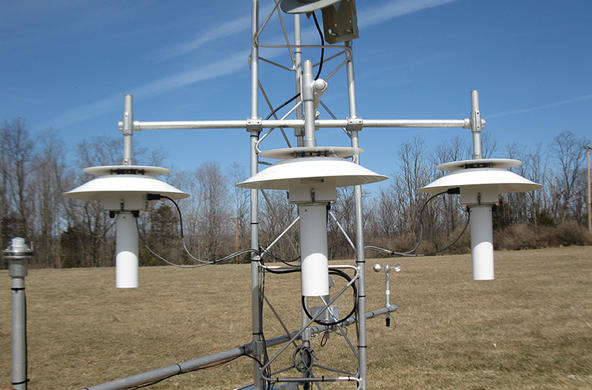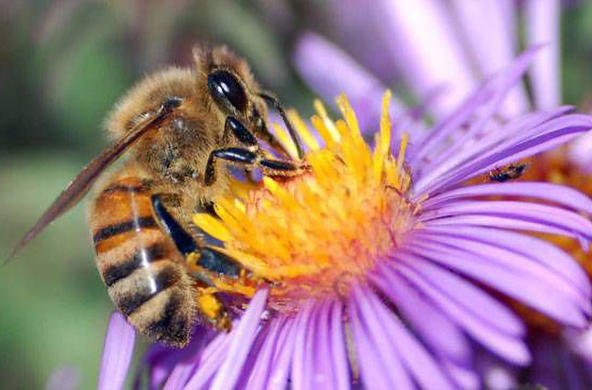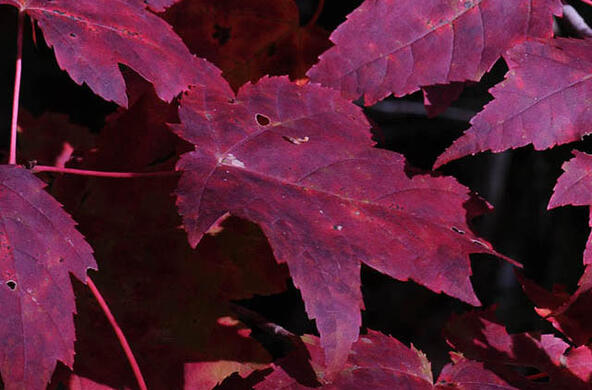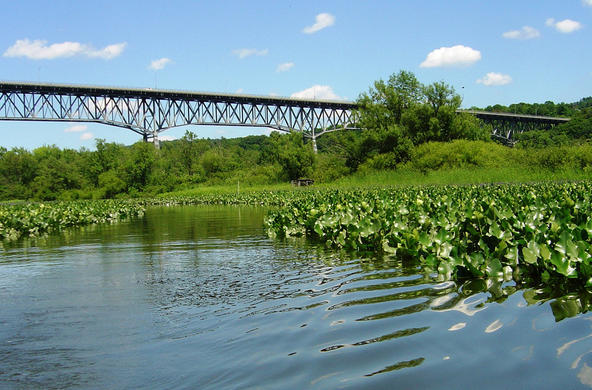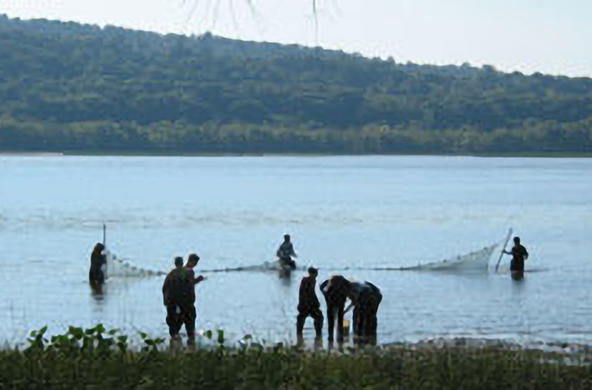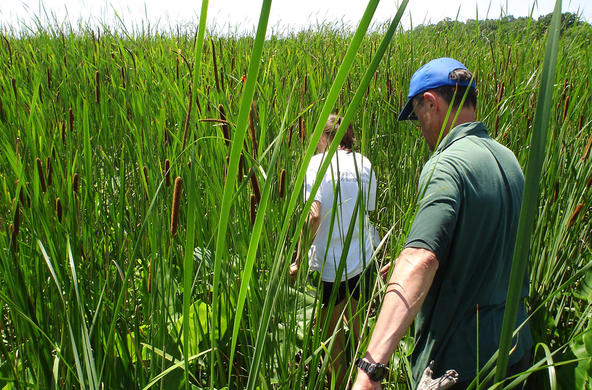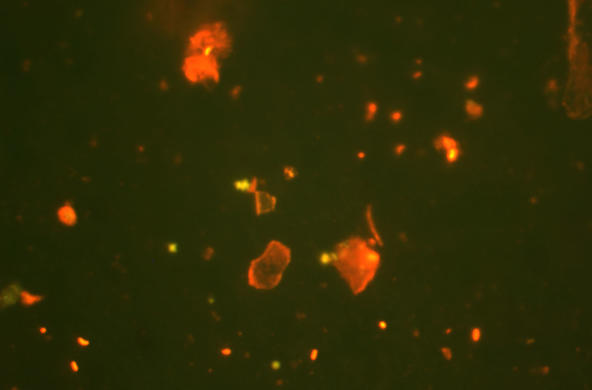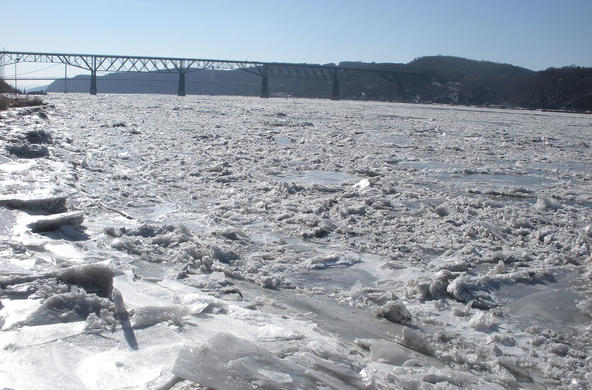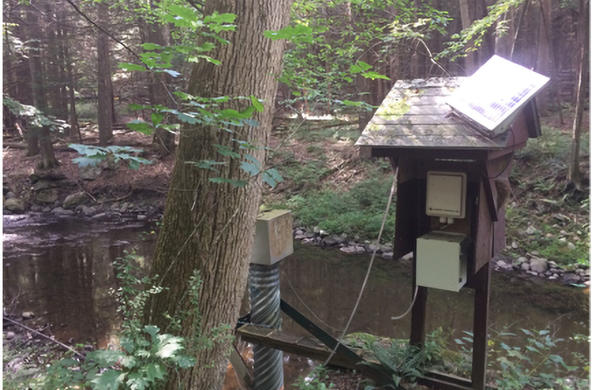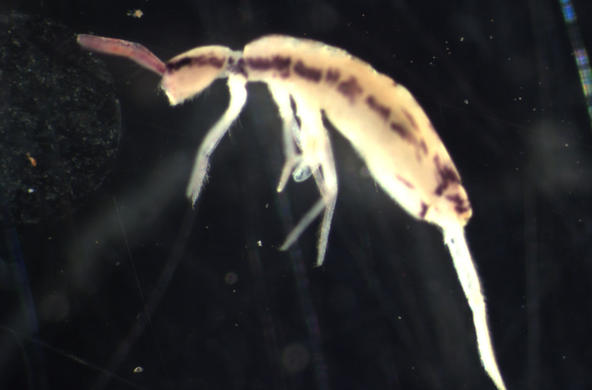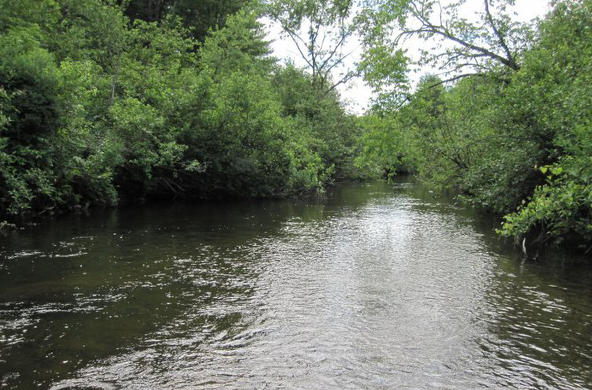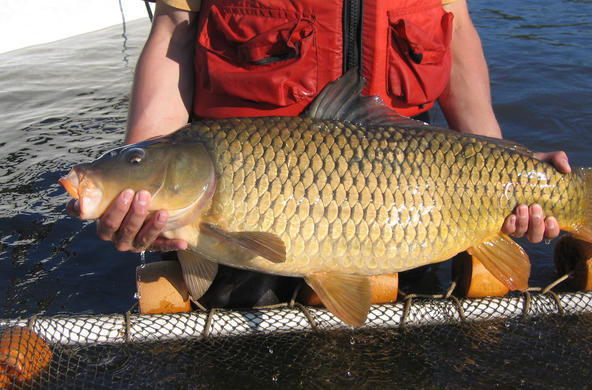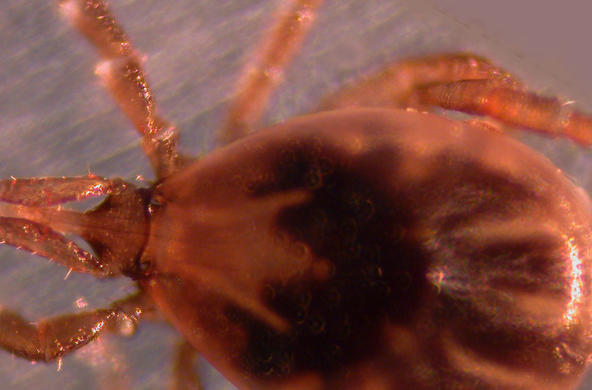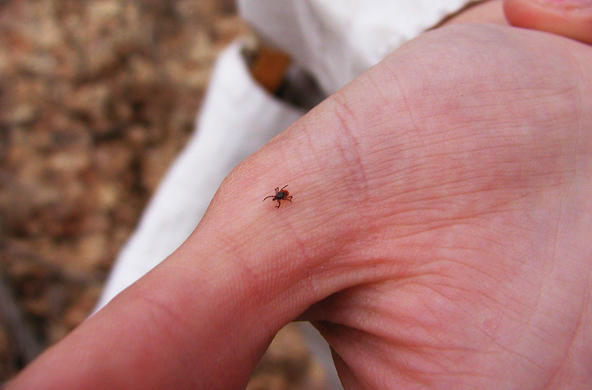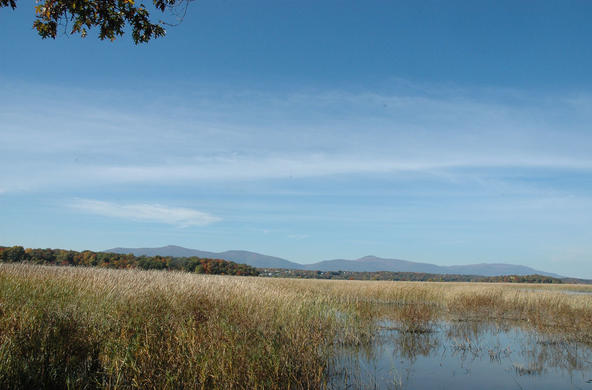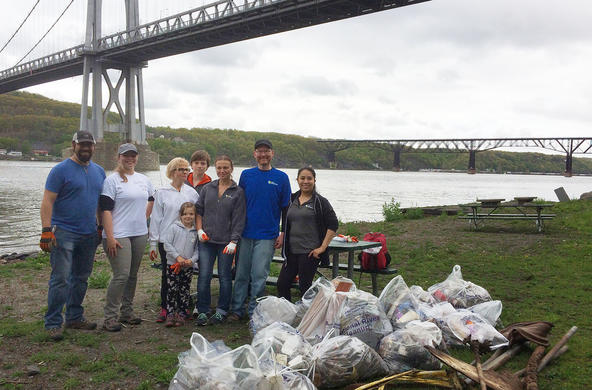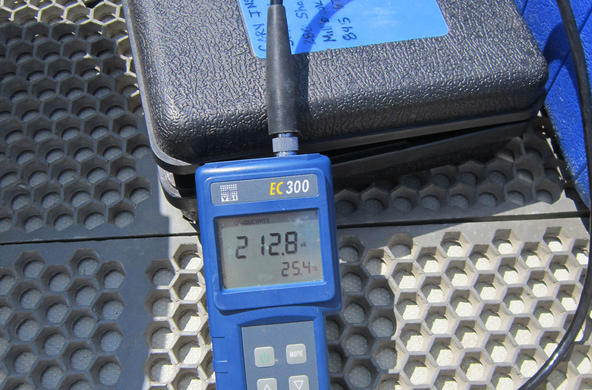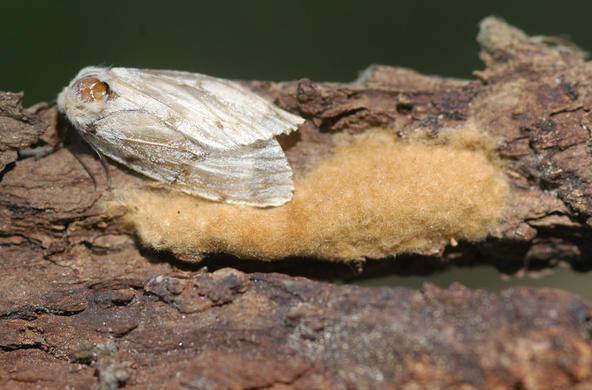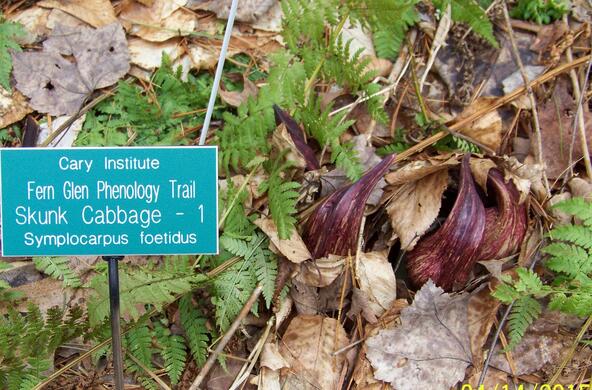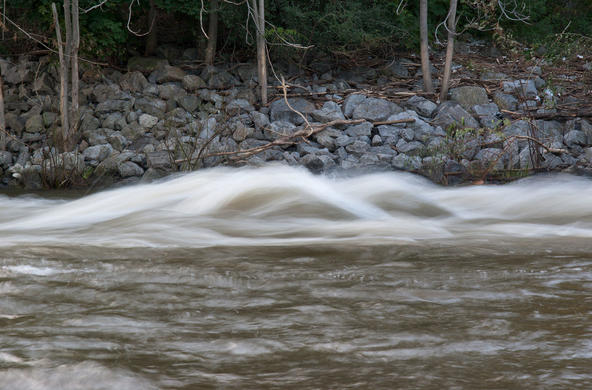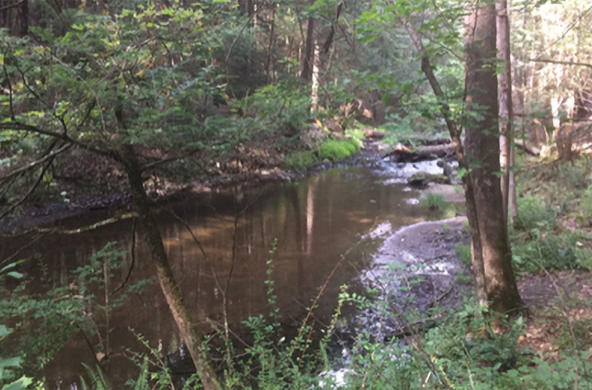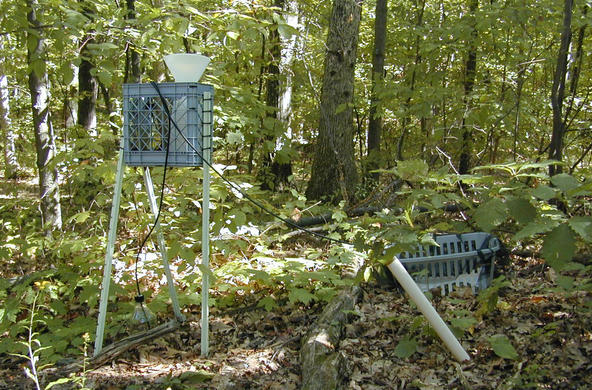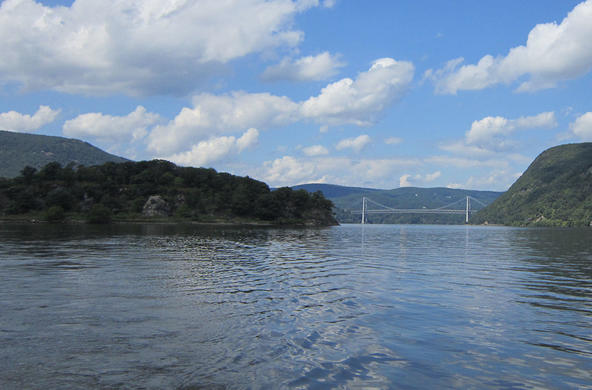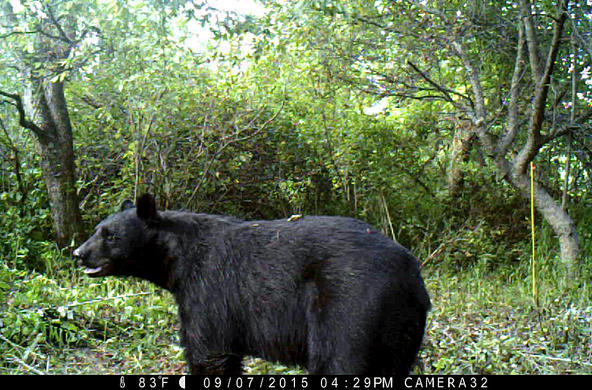Objectives
Students will learn how to design a good investigation and the concept of a fair test. They will learn how differences in land cover type may lead to difference in ecosystem (biological, physical and social) features, and how biological, physical and/or social features of an ecosystem can be inter-related.
Overview
Rating:
Students develop a related study of their own choosing, allowing them to learn even more about the ecology of their school yard. Students discuss, choose, plan and carry out their own investigations, either following up on findings from previous lessons, or pursuing new avenues of interest.
Materials
You will have to indicate ahead of time what materials the students have available at school and what they are permitted to bring from home.
Procedure
- Discuss what questions came up during the course of doing the guided inquiries in previous lessons. You may wish to have the students meet in small groups to form a list of questions.
- Discuss, as a group, which ones might be appropriate for further study? How would the class go about collecting data for the different questions?
- Have small groups prepare proposals, following your own format,or a modified version of the worksheet for Lesson 1 in this unit. Make sure the students describe, in detail, the data collection techniques they will use, adopting or modifying methods they used in previous lessons.
- You might want to discuss the elements of a good investigation, reviewing materials from the notebook or having the class generate their own list of criteria.
- Have the class choose one project to pursue further.
- Organize the research, and let the students take the lead on carrying it out.
- If you are going to do continue with further lessons, make sure students gather some initial data for their presentation.



